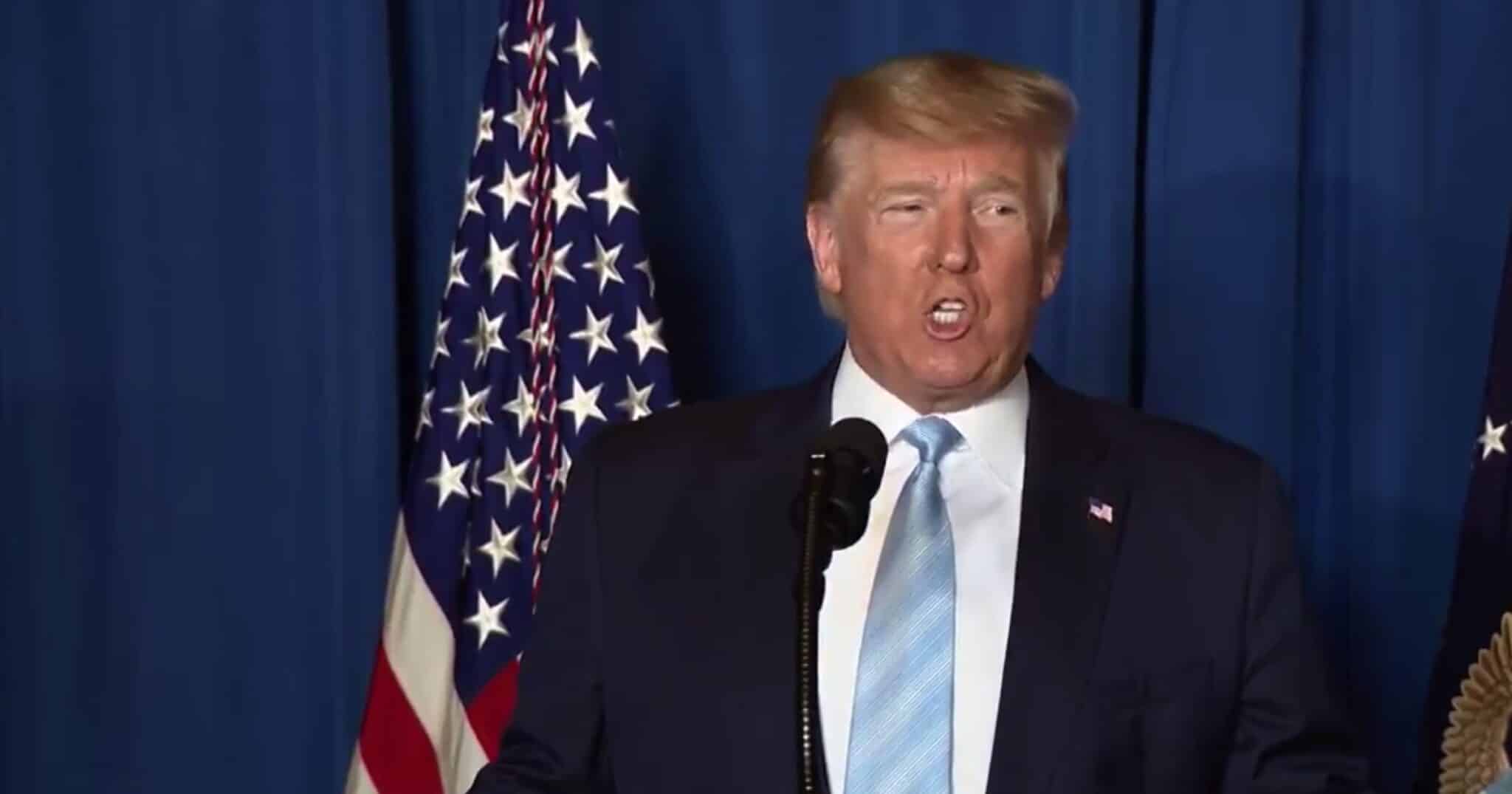





A federal appeals court has determined that Uber has a duty to ensure the safety of its drivers when pairing them with passengers, following a tragic incident in December 2020 that resulted in the death of an Uber driver, Cherno Ceesay.
The Epoch Times reported that the U.S. Court of Appeals for the Ninth Circuit overturned a previous district court ruling, stating that under Washington state law, Uber is obligated to exercise reasonable care to protect its drivers.
The ruling comes after the murder of Cherno Ceesay, who was fatally stabbed by two passengers during a carjacking attempt, raising significant concerns about the safety measures employed by rideshare companies.
On the night of the incident, Ceesay accepted a ride request through the Uber app from Devin Kekoa Wade and Olivia Breanna-Lennon Bebic.
Unknown to Ceesay, the passengers had allegedly used a fake name to create an Uber account and request the ride. Once Ceesay picked them up, the situation took a deadly turn.
As Ceesay drove, Wade and Bebic attacked him, stabbing him in the neck. The attack was so severe that it caused Ceesay to lose control of his vehicle, which subsequently crashed into a tree. The two passengers then attempted to steal the car, leaving Ceesay fatally injured.
Following the murder, Wade was sentenced to 18 years and four months in prison, with an additional 36 months of community custody. Bebic received a sentence of nine years and six months for her involvement in the crime.
In the aftermath of Ceesay's death, his estate filed a lawsuit against Uber in 2021.
The lawsuit claimed that Uber was aware of the significant risks that drivers faced from passengers but failed to take adequate measures to protect them. According to the lawsuit, Uber "abdicated its duty" to safeguard its drivers from the potential dangers posed by riders.
Initially, in 2022, a district court ruled that Uber did not have a "special relationship" with Ceesay that would necessitate a legal duty of care. The court reasoned that Uber’s relationship with its drivers did not impose an obligation to protect them from potential harm.
However, on August 30, the Ninth Circuit Court of Appeals disagreed with this assessment.
The appeals court found that under Washington state law, Uber did indeed owe a duty of care to its drivers. The court highlighted the similarities between the relationship of rideshare companies and their drivers with that of an employer-employee or contractor-subcontractor dynamic.
The court's ruling emphasized that Uber maintained a significant level of control in the process of matching drivers with riders.
The court noted that Uber alone controlled the verification methods for both drivers and riders and decided what information to provide to each party. Importantly, Uber did not disclose any details about suspicious rider profiles to Ceesay before he accepted the ride request, leaving him vulnerable.
The court further explained that Ceesay relied entirely on Uber to match him with riders, and he was not given any meaningful information about the rider other than their location.
This lack of information and the control Uber exerted over the ride-pairing process played a crucial role in the court’s determination of the company's duty of care.
The ruling has significant implications for Uber and other rideshare companies, potentially altering how they approach the safety of their drivers.
Ceesay’s estate argued that Uber penalized drivers for declining or canceling rides and provided minimal information about passengers until after the ride was accepted. This practice, according to the estate, placed drivers at unnecessary risk.
In response to the ruling, an Uber spokesperson stated that the company intends to petition for a review before the full panel of the Ninth Circuit. "We are confident in our position and committed to pursuing this matter further," the spokesperson said in an email, indicating that the legal battle may continue.



